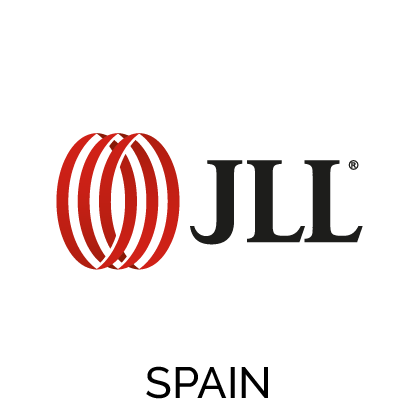Supermarkets are the assets that have shown the most resilience in the face of the crisis, adapting with agility to new buying and consuming habits in food, as stated in the report on the European distribution sector by JLL.
The study indicates that the breadth of hours, a greater number of local establishments, premium products at affordable prices and the incorporation of features that facilitate the shopping experience (wide corridors, high ceilings, efficient and bright spaces, large parking lots, etc.) are some of the reasons for the good performance of these assets.
The strength of the segment is reflected in the volume of investment accumulated in the last 18 months, which has broken records with around 690 million euros of investment, 282 million so far this year. This volume represented 44% of the total investment in retail.
"At JLL we estimate that the total investment this year will be about 600 million euros. The sector has demonstrated its strength and resilience in an extreme situation such as the pandemic; investors see this market as very safe, and with reduced complexity in management. As buyers we can find from private investors, who acquire a single asset, to global investment funds, specialized in large Sale & Leaseback operations ", explains Augusto Lobo, retail director of JLL Spain.
In other European countries such as France, Germany and the United Kingdom, the national operators are the leading supermarket chains with a wide network of stores in their countries. Local competition authorities monitor M&A initiatives to ensure healthy market competition.
No supermarkets like Carrefour and E.Leclerc in France, Tesco and Sainsbury's in the UK or Edeka Group and Rewe Group in Germany have a market share of more than 28%.
According to data from Alimarket, in Spain 65% of sales are controlled by 10 groups, among which are not only large distribution chains such as Mercadona, Dia, Carrefour, Eroski, Lidl, El Corte Inglés or Alcampo, but also some regional groups such as Consum or Covirán.
Due to competition and the emerging variability of sales channels, margins are tight in the food sector, encouraging operators to employ various strategies to improve profitability, including optimization of physical space, densification with uses non-food cumulative assets, the growth of its store portfolios, and M&A activity.
New operators have emerged in the market, such as the Russian group Torgservis, which through its Spanish subsidiary Marketlights has already opened its first three stores in Spain, focusing its business model on the hard discount segment.
Investment operations in 2021
Among this year's operations, the British fund Blackbrook bought a portfolio of 22 Eroski supermarkets from Lar España for 59 million euros; the purchase by the Israeli investment fund MDSR of a portfolio of 27 Mercadona supermarkets, for a volume close to 100 million euros and the acquisition by Realty Income Corporation of a portfolio of seven Carrefour hypermarkets for 93 million euros.
Some high-volume supermarket portfolio transactions are expected in the coming months, which will continue to push returns down.





